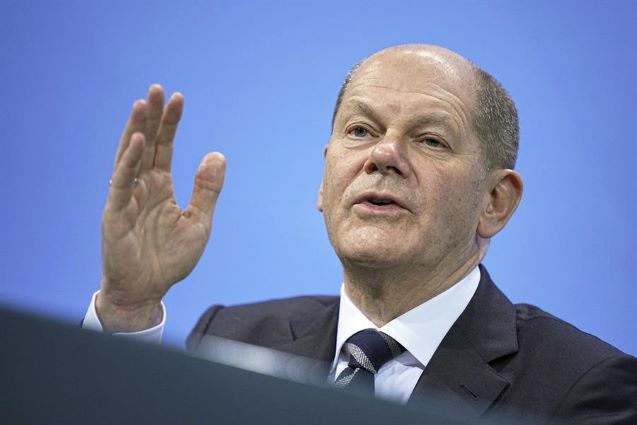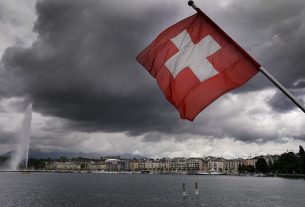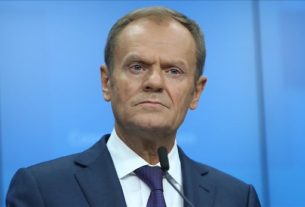Germany on Sunday announced a €65 billion ($64.69 billion) inflation relief package to help households cope with high inflation and soaring energy bills.
Speaking at a news conference in Berlin, Chancellor Olaf Scholz said coalition parties have reached an agreement on various measures to support all households, particularly the pensioners, students and low-income families.
“Germany stands together during these difficult times. Our country will get through these difficult times,” he said, adding that his government is taking all necessary measures to ensure energy security and prevent a cost-of-living crisis this winter.
“We will leave nobody alone. That’s our aim with this comprehensive, third relief package,” he said.
According to the new measures, all pensioners will receive a one-off payment of €300 ($298.6), and students will receive €200 ($199), and the government will increase heating support to social welfare-dependent households.
From 2023, child benefits will be raised to help parents cope with the inflation, and an average family with two children will receive an additional €432 ($429.9).
The package also includes new tax relief measures to offset the effects of inflation and rocketing energy costs.
The German government has long been under pressure to adopt a comprehensive relief package to help people cope with the rising prices, resulting from Russia’s war on Ukraine and sanctions imposed on Moscow.
Germany’s inflation rate hit 7.9% in August, and analysts expect it to reach a 70-year high of 10% in the next couple of months.
Average households will have to pay around €3,500 ($3,483) for gas this winter – nearly three times what they paid last year, according to the latest estimates.__The Nation





